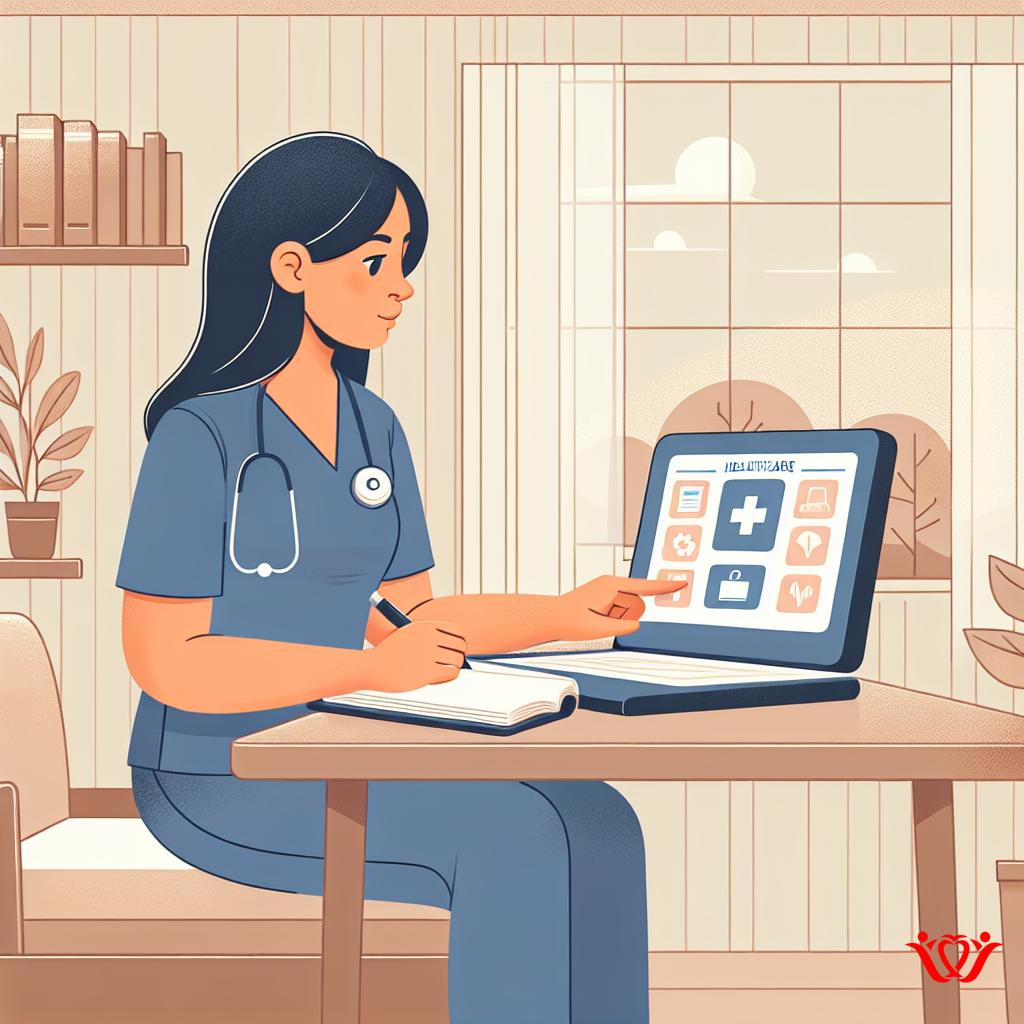
Home health care is an ever-evolving industry. To excel in this field, continuous learning is essential. Not only does it enhance professional capabilities, but it also significantly improves patient outcomes.
Why Continuous Learning Matters
In a sector where human lives are at stake, staying updated with the latest techniques and treatments is non-negotiable. Continuous learning ensures:
- Improved patient care
- Enhanced job satisfaction for caregivers
- Fewer medical errors and better compliance with healthcare regulations
Benefits for Patients
When caregivers invest in their education, patients benefit in several ways:
- Quality Care: Caregivers who regularly update their skills provide better, more reliable care.
- Safety: Up-to-date knowledge in health care protocols prevents accidents and errors.
- Innovative Treatments: Patients gain access to cutting-edge treatment options that enhance their health and well-being.
Benefits for Caregivers
Continuous learning also offers numerous advantages to caregivers, such as:
- Professional Development: It opens up new career opportunities and pathways.
- Enhanced Confidence: With the latest knowledge, caregivers can perform their duties more effectively.
- Networking Opportunities: Engaging in training sessions and workshops allows for the exchange of ideas and experiences with peers.
Strategies for Embracing Continuous Learning
Adopting a lifelong learning mindset doesn’t have to be daunting. Here are some practical strategies:
Engage in Online Courses
The internet is brimming with online courses tailored specifically for health care professionals. Platforms like Coursera and edX offer programs ranging from basic to advanced levels.
Attend Conferences and Workshops
Participating in industry conferences and workshops helps caregivers stay abreast of new developments and trends. These events are also excellent for networking and learning from pioneers in the field.
Join Professional Organizations
Joining a professional organization can provide access to exclusive learning resources, newsletters, and webinars. Organizations like the National Association for Home Care & Hospice (NAHC) offer numerous educational opportunities.
Implementing What You Learn
Learning is only beneficial when applied effectively. Here are ways to implement new knowledge:
- Regular Team Meetings: Discuss new insights with your team to foster a culture of shared knowledge.
- Patient Interaction: Use new methods and techniques directly with patients to see tangible results.
- Documentation and Reflection: Document experiences and reflect on outcomes to refine your approach continuously.
Conclusion
Continuous learning is the secret element that propels success in home health care. By committing to ongoing education, caregivers can ensure their skills remain sharp and their patients receive the best care possible. Explore resources from reputable institutions and take the first step towards enhancing your career today.
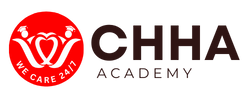

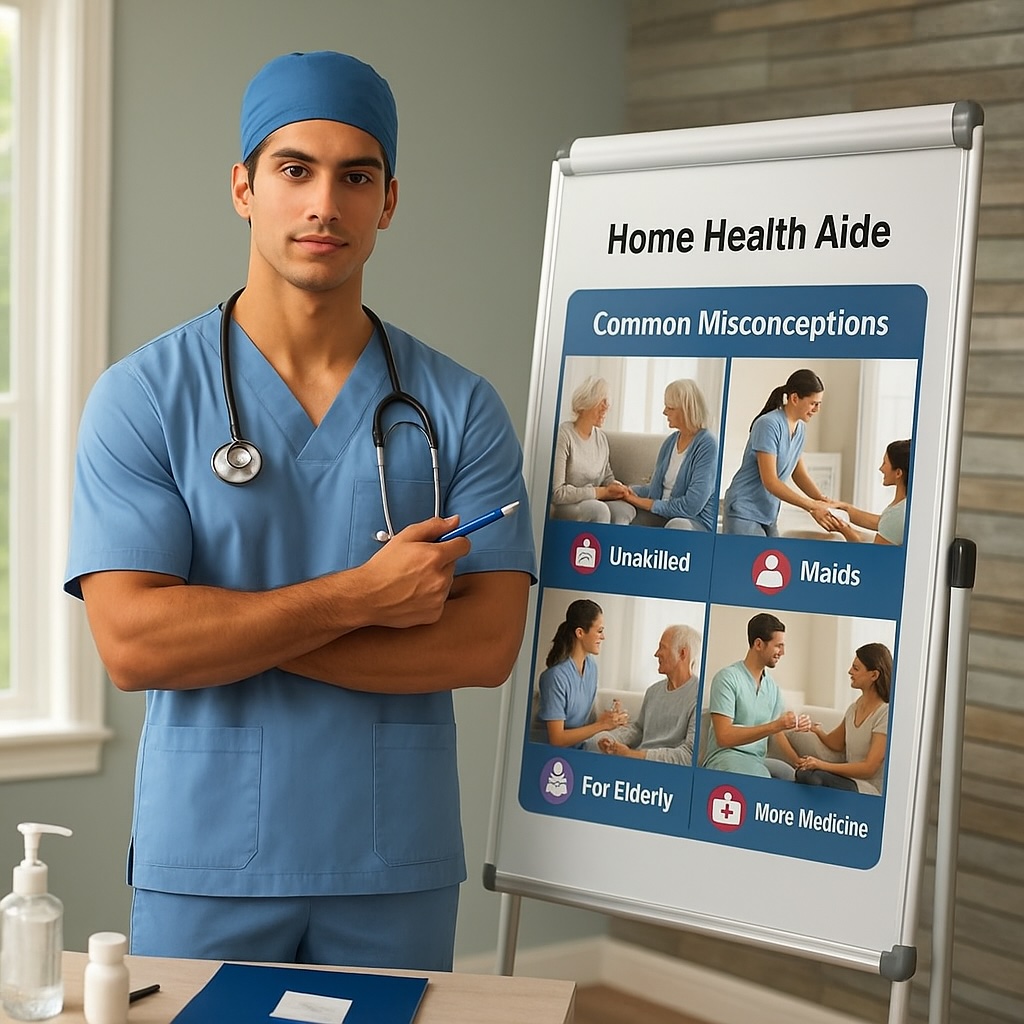

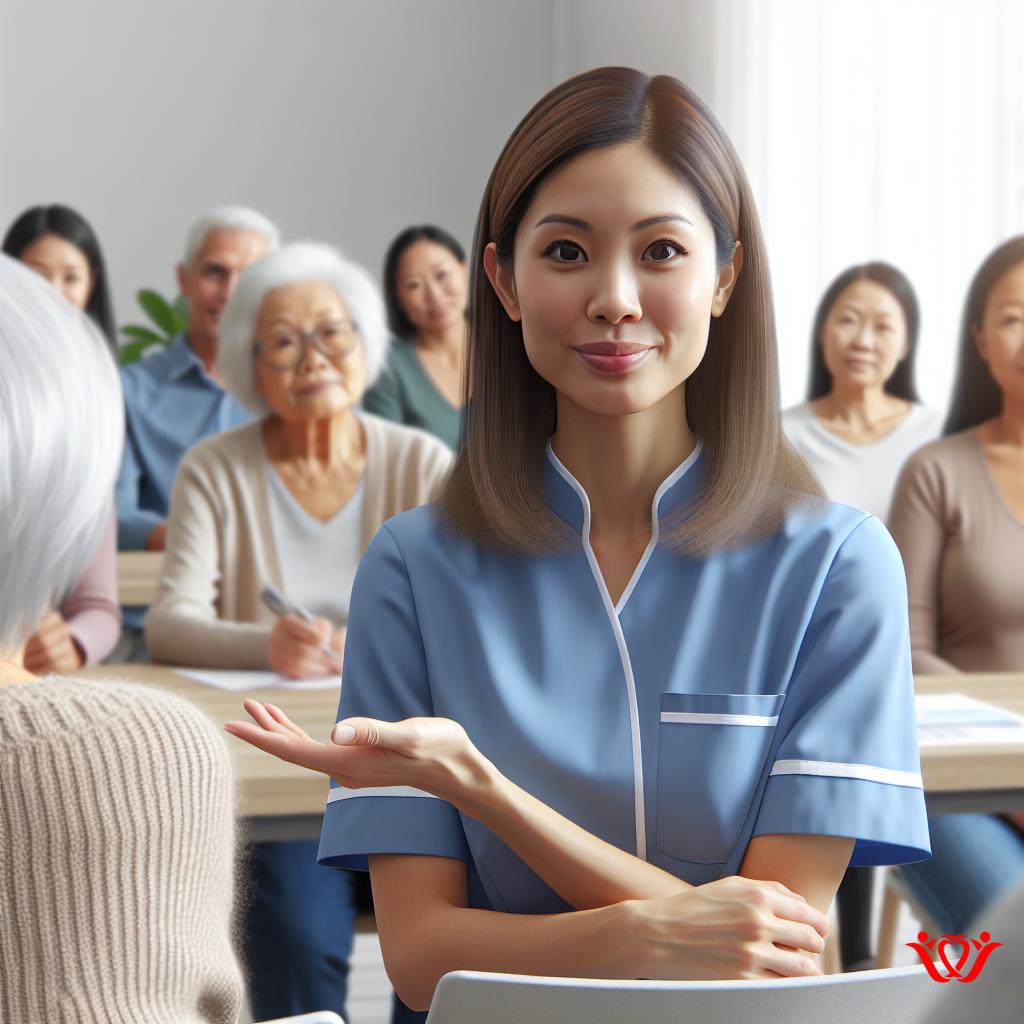


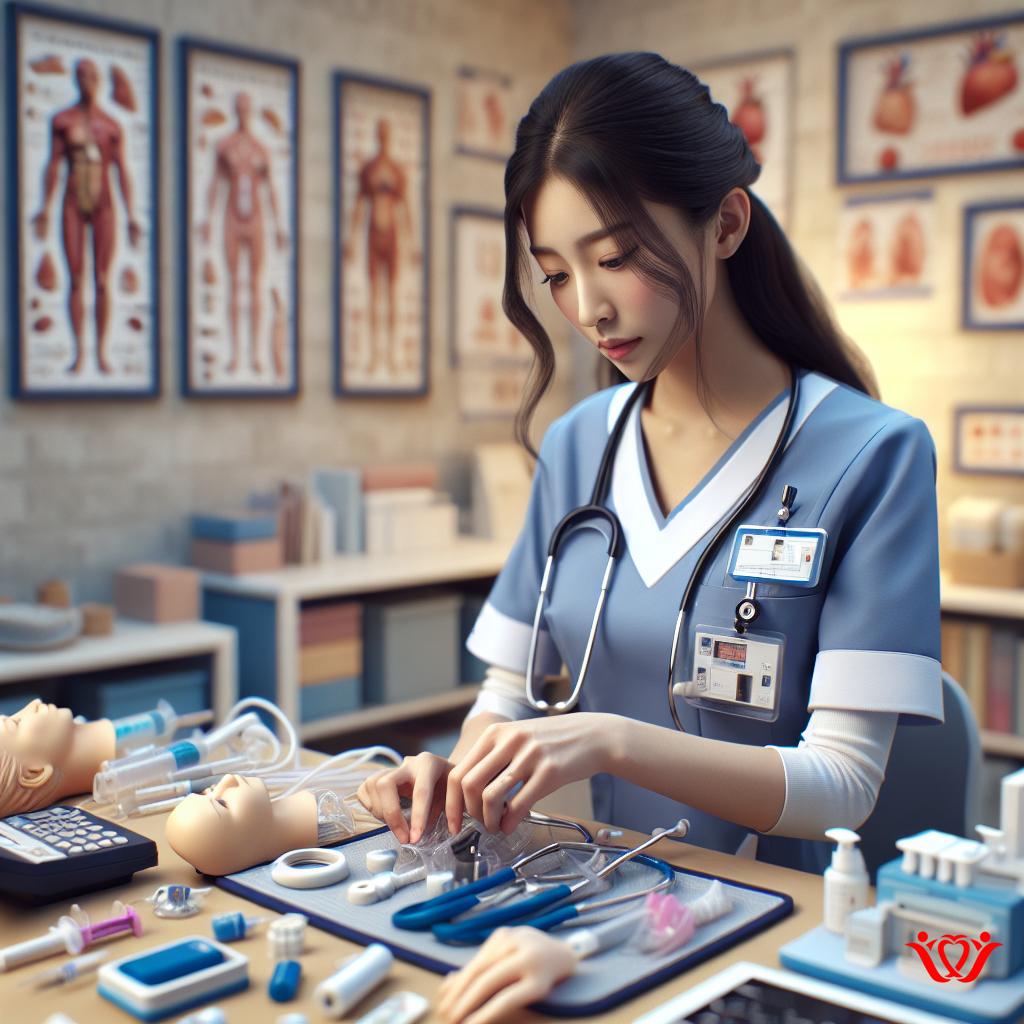
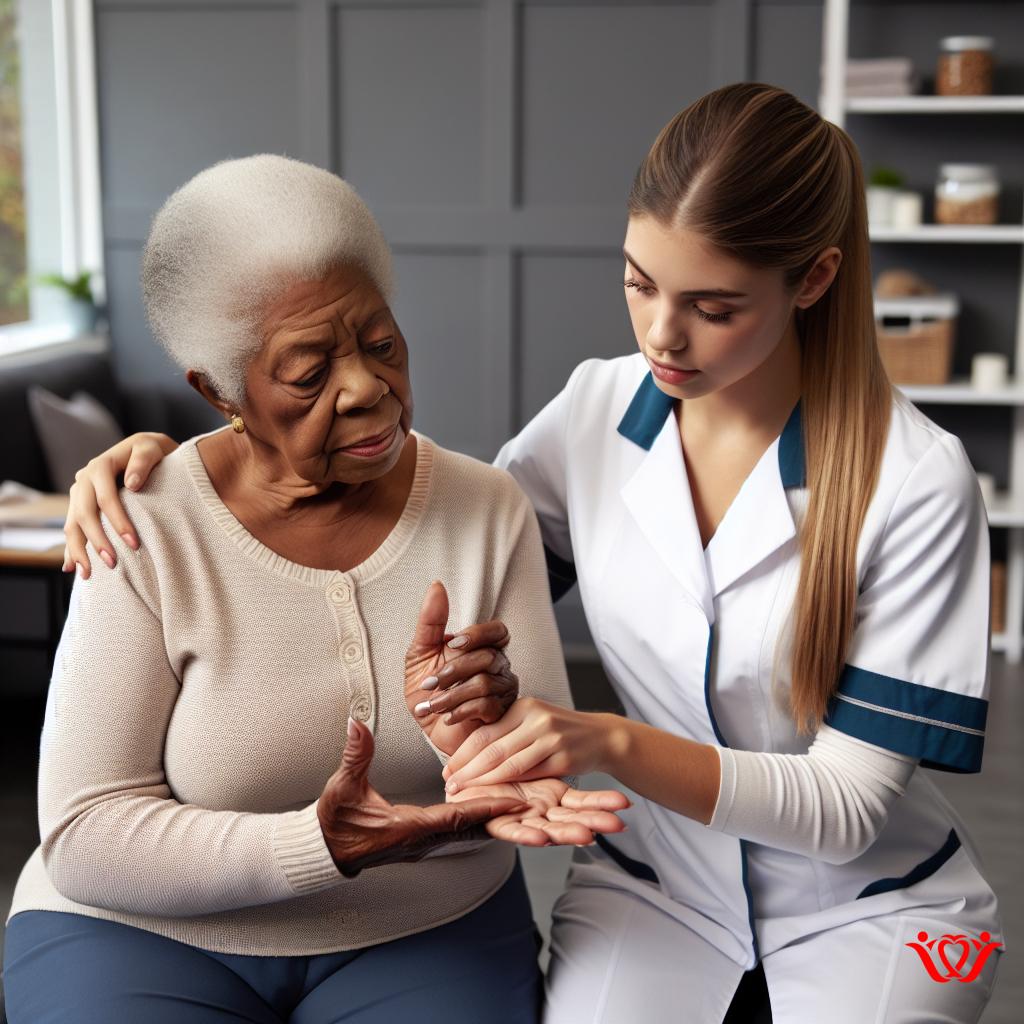
0 Comments